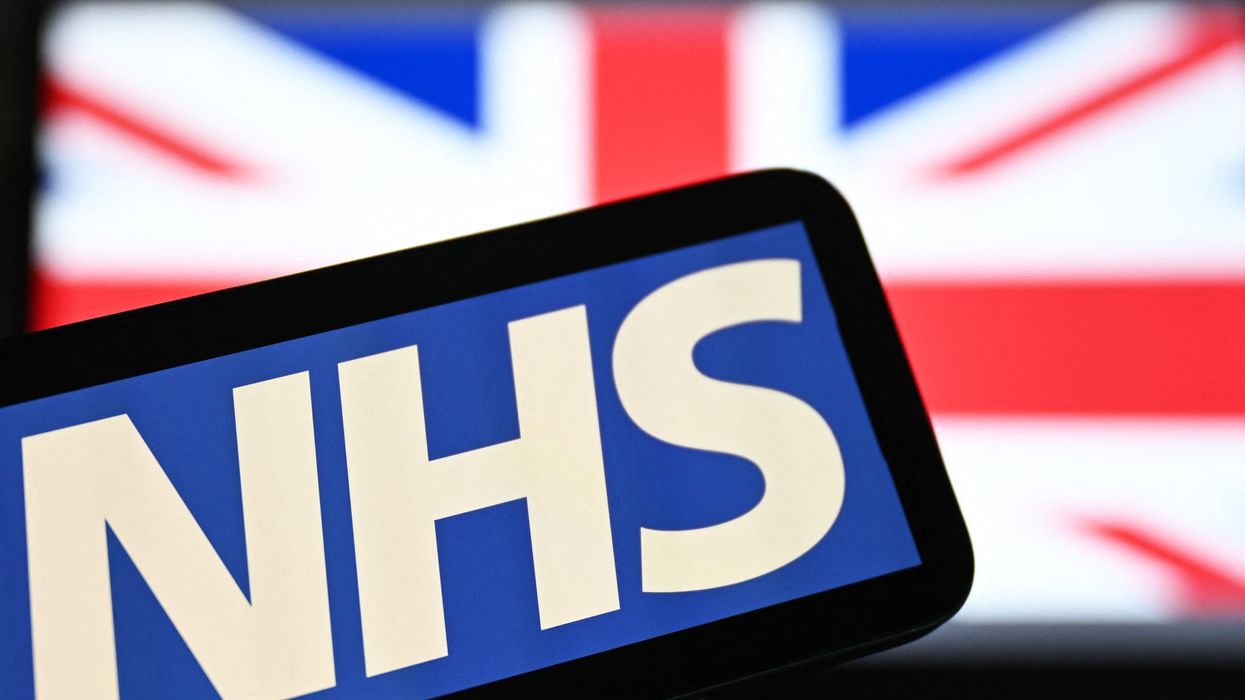Pharmacy organisations are hopeful that the Darzi report will prompt ministers to take swift action to tackle the chronic underfunding that is driving pharmacy closures
The Department of Health and Social Care (DHSC) has published Lord Darzi's report on the state of NHS England, which revealed that the health service is in "serious trouble."
Lord Darzi pointed out that the NHS has failed to meet key promises made to the public since 2015 and patient satisfaction is now at its lowest ever level.
Rising waiting times and difficulties accessing GPs were highlighted as major concerns.
“There are huge and unwarranted variations in the number of patients per GP, and shortages are particularly acute in deprived communities,” the report said.
Darzi described the state of A&E as “awful”, noting that nearly 10 per cent of patients wait 12 hours or more today.
Additionally, Lord Darzi's investigation found that the NHS budget is not being optimally allocated, noting that “too great a share is being spent in hospitals, too little in the community, and productivity is too low.”
The report identified four inter-related factors contributing to the NHS current dire state:
- Austerity in funding and capital starvation
- The impact of the Covid-19 pandemic and its aftermath
- Lack of patient voice and staff engagement
- Inefficient management structures and systems
Despite these challenges, Darzi remains optimistic about the NHS's future as he concluded that the “NHS is in critical condition, but its vital signs are strong.”
He acknowledged the massive gap in capital investment but noted that the NHS has more resources than ever.
However, he warned that restoring the NHS to peak performance will take time and will likely extend beyond a single parliamentary term.
Reaction from pharmacy bodies
Pharmacy organisations are hopeful that the report’s findings will prompt ministers to take swift action to tackle the chronic underfunding that is driving pharmacy closures.
Paul Rees, Chief Executive of the National Pharmacy Association (NPA), said: “Lord Darzi’s report must spur Ministers into immediate action to end the scandal of pharmacy closures caused by chronic underfunding over many years, that is eating away at frontline patient care.
“With pharmacies closing at the rate of seven a week and so many more teetering on the brink, the millions who use pharmacies simply can’t wait. They need action now.”
He emphasised that modest investment to ensure adequate pharmacy funding could “transform frontline care, end the scramble for doctors’ appointments, and help fix the NHS fast.”
Malcolm Harrison, Chief Executive of the Company Chemists’ Association (CCA), welcomed the report's findings and its acknowledgment of the critical state of NHS and community pharmacy.
Harrison highlighted the severe impact of a 30 per cent real terms cut in funding since 2015, which led to the closure of over 1,200 pharmacies.
He stressed that, unlike the NHS, the productivity in the community pharmacy has increased, despite a shrinking funding pot.
“Between 2017/18 and 2023/24, the number of items dispensed each year grew by over 100m. In the same period, the number of clinical services delivered in community pharmacies increased by over 115 per cent with community pharmacies delivering over 12m services in 2023/24.”
“The review rightly points out that there is huge potential to harness the clinical capabilities of pharmacists. Expansion of Pharmacy First, which the report describes as a “notable success” is key – a fully-fledged service could free up 30m+ GP appointments each year.
Similarly, pharmacies can play an even bigger role in administering vaccinations as the report rightly highlights concerns around declining uptake.”
However, he noted that an expanded role for community pharmacy is only possible if there is action to protect the existing community pharmacy network through additional investment.


















